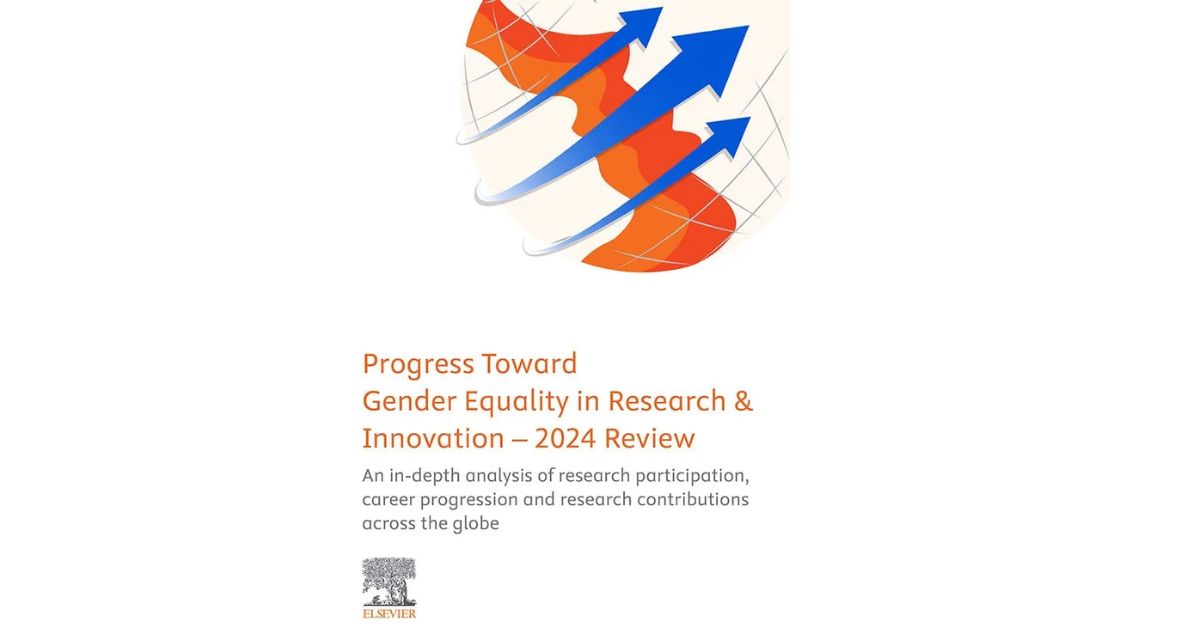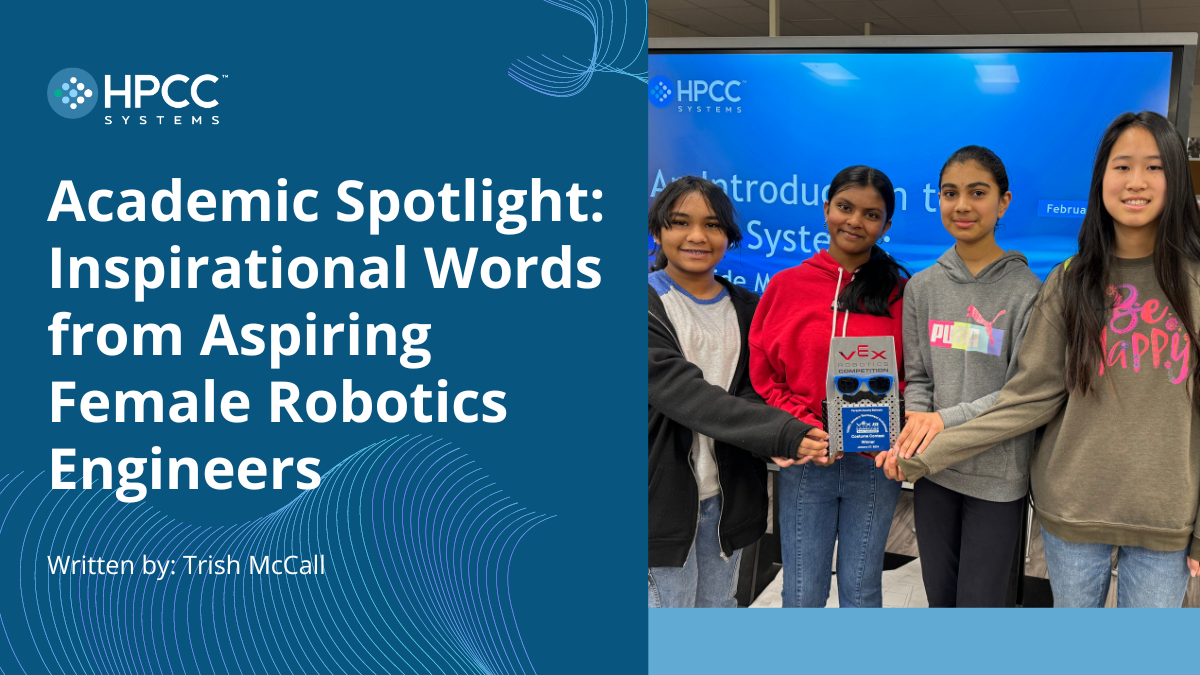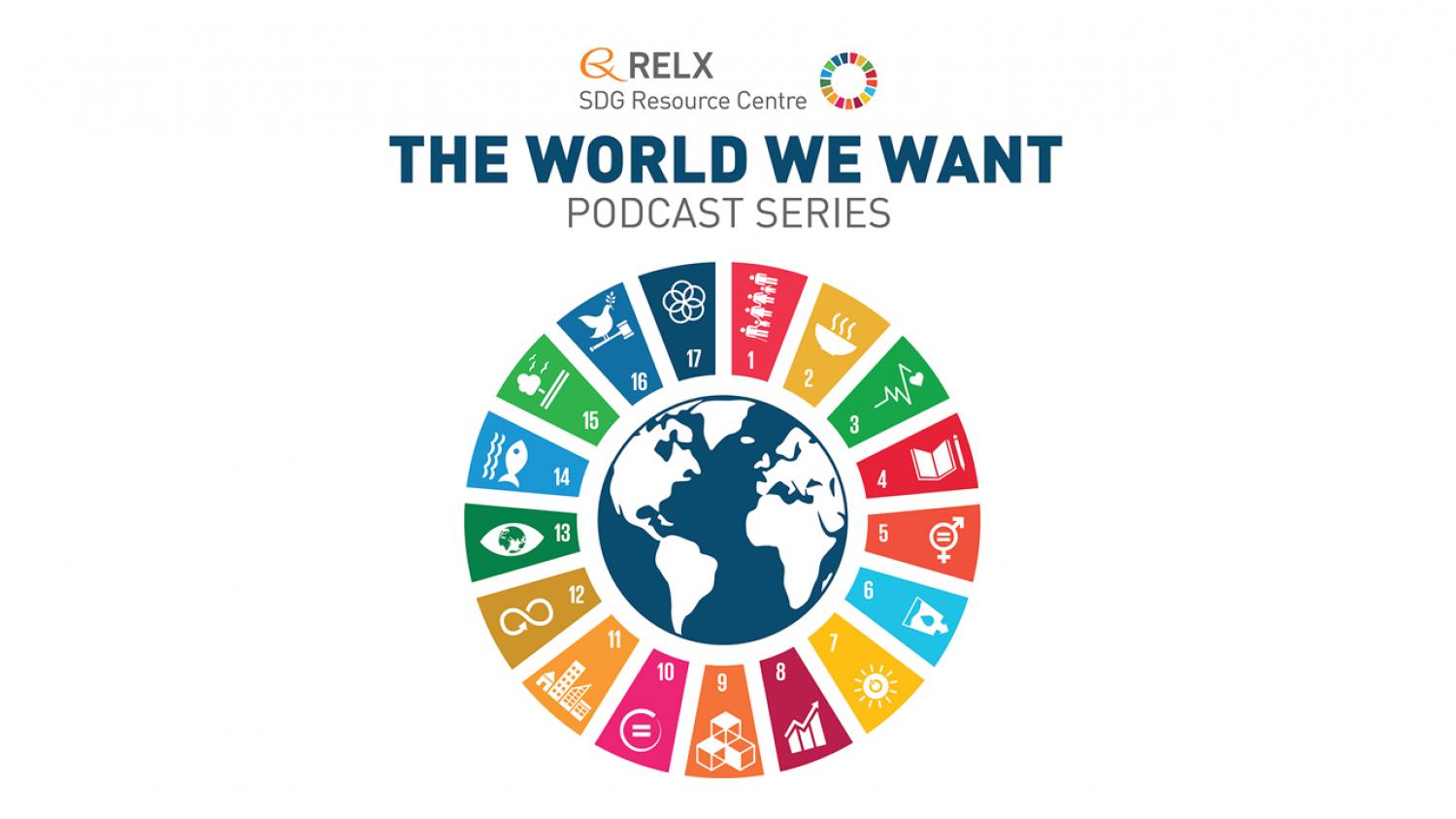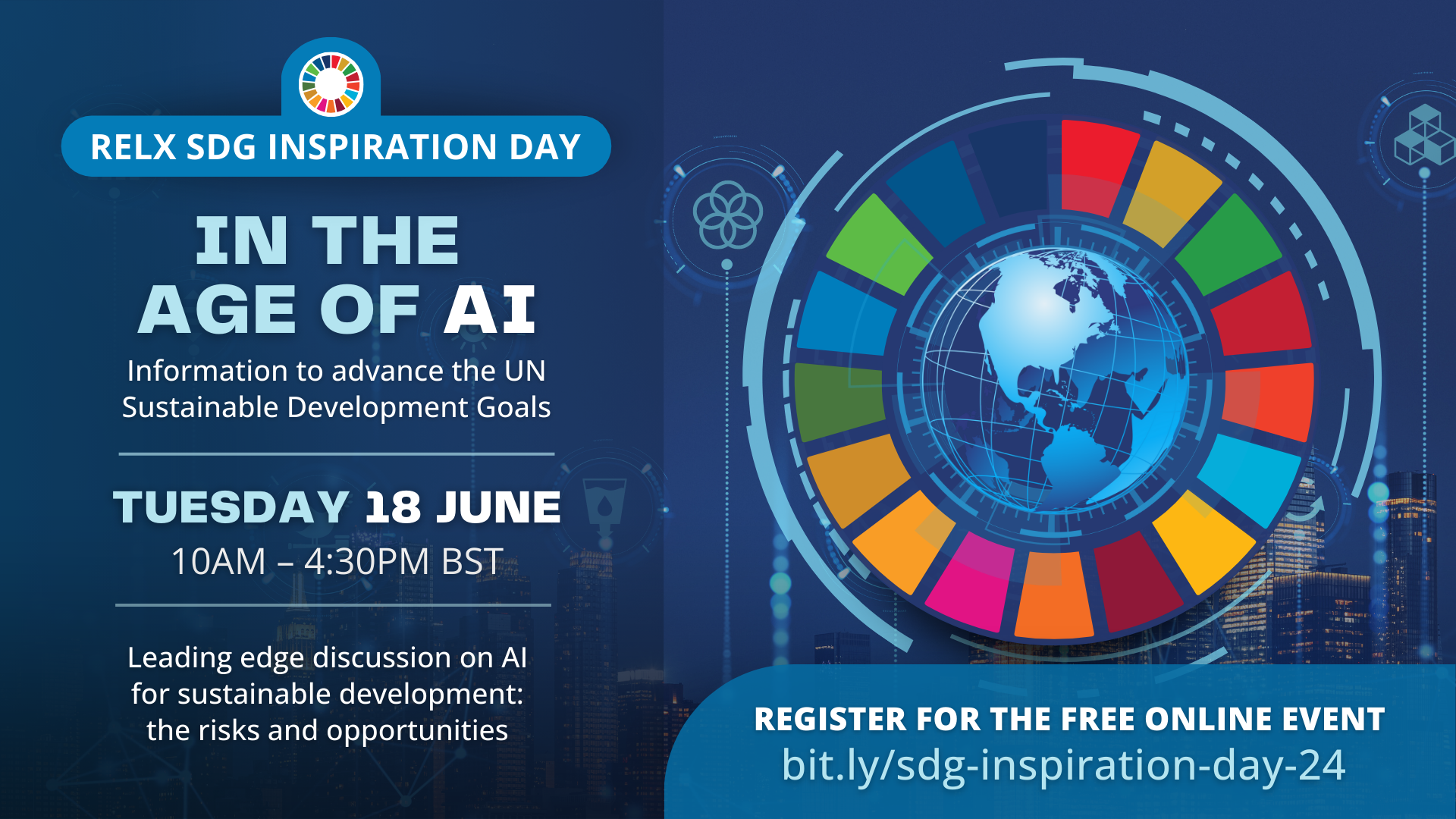Responsible Artificial Intelligence Re-engineering the Global Public Health Ecosystem: A Humanity Worth Saving, 2024, pp 215-243
This content aligns with Goal 3: Good Health and Well-being and Goal 9: Industry, Innovation, and Infrastructure by considering the public health opportunities presented by artificial intelligence, as well as the need for more inclusive representation in key public health topics.
May 2024
Asia-Pacific Journal of Oncology Nursing, Volume 11, Issue 5, May 2024, 100448
This article describes the development and pilot testing of a mobile health-delivered storytelling intervention to increase cervical cancer screening among Malawian women living with HIV. The intervention was found to be feasible, acceptable, and more effective than printed materials alone in encouraging women to undergo screening.
AI holds tremendous potential for advancing the United Nations Sustainable Development Goals (SDGs). AI, particularly generative AI, provides new opportunities to analyse data and trends at pace and scale to further knowledge, allocation of resources and action. Applications to address the global challenges presented by the SDGs such as poverty and hunger, human health, climate change, biodiversity and ocean degradation are potentially limitless. Upskilling and access to AI technology will be critical, but how can we avoid an AI divide between the West and the rest?






